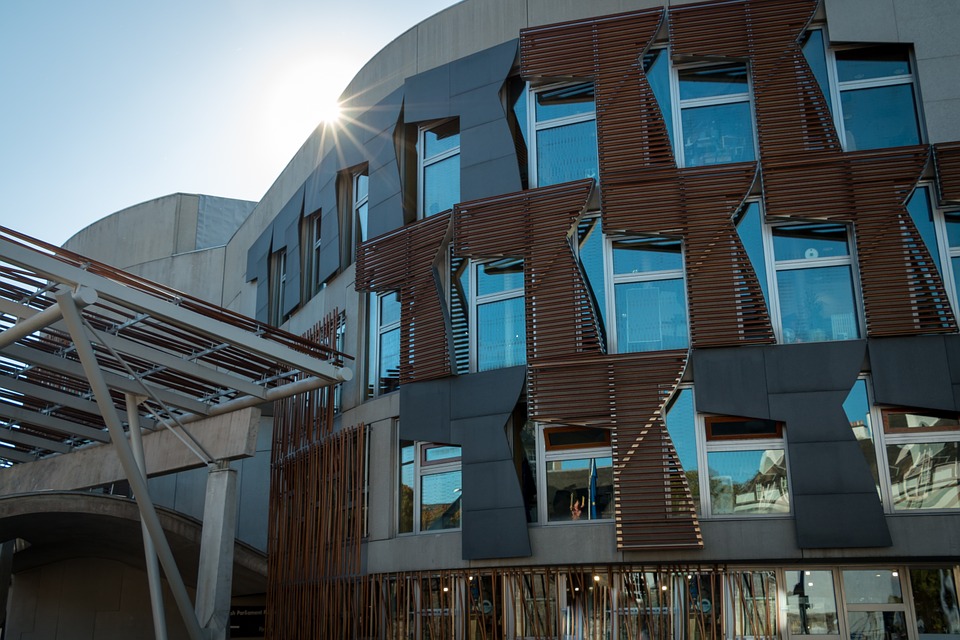
Scottish finance secretary Derek Mackay today unveiled the SNP government’s draft budget for 2018-19, using new devolved powers for the first time to create a unique Scottish income tax system.
For the lowest earners, a new starter rate of 19p will be introduced, meaning those earning between £11,850 and £13,850 will be taxed at 19%. The basic rate will remain unchanged from UK levels at 20%, but an “intermediate rate” of 21% will be levied on those earning £24,000 to £44,290. The higher and top rate will be increased by a penny to 41p and 46p respectively.
These changes mean Scotland will be the lowest taxed part of the UK for the majority of taxpayers, with only a slight increase in the tax paid by those earning over £30,000.
Mackay had faced weeks of lobbying from Scottish business and criticism from the Conservative party for proposed income tax changes.
Perhaps continuing a tradition of managerialism instead of radicalism, Mackay apparently conceded to this pressure from an emboldened Scottish Conservative group, saying a bigger increase in tax paid by those earning over £150,000 might reduce revenues as the highest earners may avoid paying it.
Other announcements included a slight increase in public sector pay, lifting the pay-cap to 3% for public sector workers earning under £30,000. This is arguably a poisoned chalice for local government, who will receive no extra funding in order to deliver on pay increases for their staff.
Scotland will also continue to mitigate the bedroom tax as well as allocating £10m to an ending homelessness fund. University tuition will also remain free for EU and Scottish domiciled students.
New Scottish Labour leader Richard Leonard characterised the draft budget as “Tory-lite” saying, “a penny on the top rate just does not do it.” Leonard also criticised the SNP government for “tinkering around the edges”, saying they had failed to use the parliament for radical change.
Scottish Greens co-convener Patrick Harvie welcomed the more progressive tax system, but said the government should have gone further.
Scottish Lib Dem leader Willie Rennie said the budget was a missed opportunity: “We called on the Scottish government to deliver transformative investment in education and a step change in mental health. Instead, we have a set of announcements which pay lip service to the challenges Scotland faces.”
Friends of the Earth Scotland welcomed the capital commitment to the National Investment Bank, but said future budgets should be strictly aligned with climate change targets and a just transition to a zero carbon economy.
The National Union of Students in Scotland said the budget was a “missed opportunity” to fix Scotland’s broken student support system. President Luke Humberstone stated: “Whilst we welcome the government’s commitment to increase the student loan repayment threshold, there was no progress on that today. Graduates in Scotland are getting a raw deal, repaying their loans before they see the benefits of their education on their payslip.”
With only a minority at Holyrood, the SNP will have to secure the support of at least one other party in the chamber to see their plans approved. Relying on the Scottish Greens or Liberal Democrats for support in the past, early signals indicate the SNP will have to make changes to their budget to ensure support.